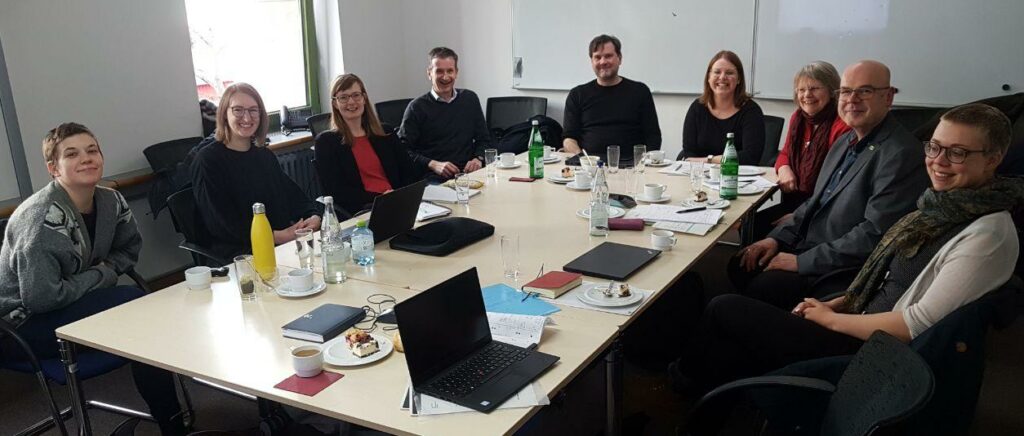In this publication in the Workshop on Argument Mining, Julia Romberg and Stefan Conrad address the robustness of classification algorithms for argument mining to build reliable models that generalize across datasets.
Abstract
Public participation processes allow citizens to engage in municipal decision-making processes by expressing their opinions on specific issues. Municipalities often only have limited resources to analyze a possibly large amount of textual contributions that need to be evaluated in a timely and detailed manner. Automated support for the evaluation is therefore essential, e.g. to analyze arguments.
In this paper, we address (A) the identification of argumentative discourse units and (B) their classification as major position or premise in German public participation processes. The objective of our work is to make argument mining viable for use in municipalities. We compare different argument mining approaches and develop a generic model that can successfully detect argument structures in different datasets of mobility-related urban planning. We introduce a new data corpus comprising five public participation processes. In our evaluation, we achieve high macro F1 scores (0.76 – 0.80 for the identification of argumentative units; 0.86 – 0.93 for their classification) on all datasets. Additionally, we improve previous results for the classification of argumentative units on a similar German online participation dataset.
Key findings
- We conducted a comprehensive evaluation of machine learning methods across five public participation process in German municipalities that differ in format (online participation platforms and questionnaires) and process subject.
- BERT surpasses previously published argument mining approaches for public participation processes on German data for both tasks, reaching macro F1 scores of 0.76 – 0.80 for the identification of argumentative units and macro F1 scores of 0.86 – 0.93 for their classification.
- In a cross-dataset evaluation, BERT models trained on one dataset can recognize argument structures in other public participation datasets (which were not part of the training) with comparable goodness of fit.
- Such model robustness across datasets is an important step towards the practical application of argument mining in municipalities.
Publication
Romberg, Julia; Conrad, Stefan (2021, November). Citizen Involvement in Urban Planning – How Can Municipalities Be Supported in Evaluating Public Participation Processes for Mobility Transitions?. In Proceedings of the 8th Workshop on Argument Mining (pp. 89-99), Punta Cana, Dominican Republic. Association for Computational Linguistics. https://aclanthology.org/2021.argmining-1.9




